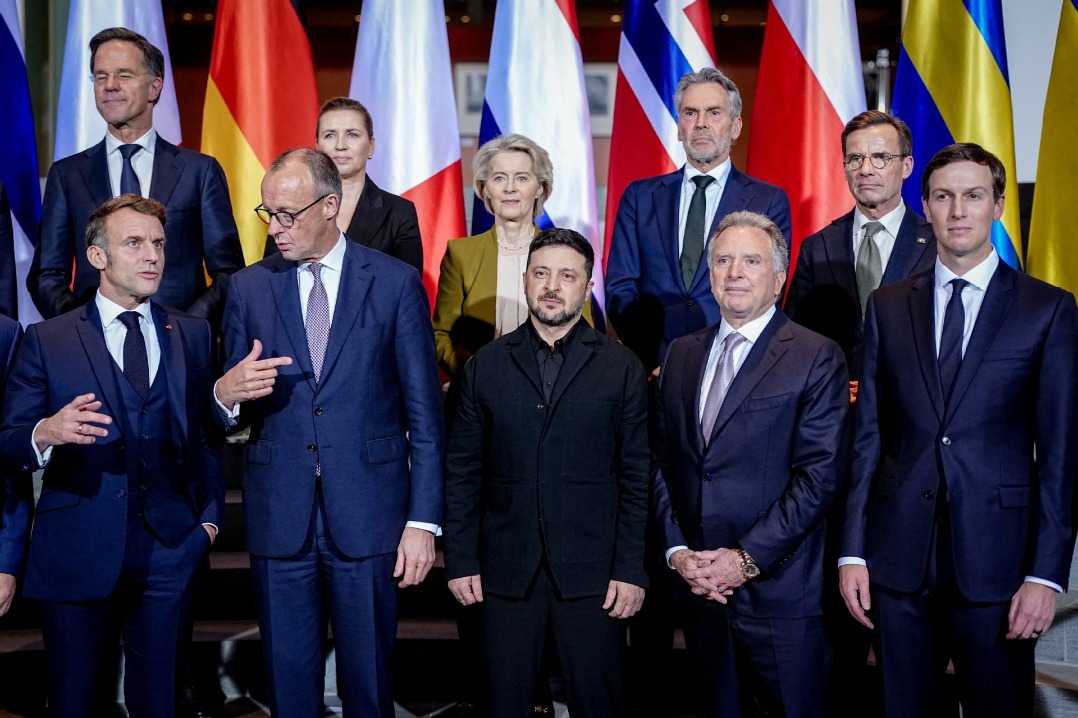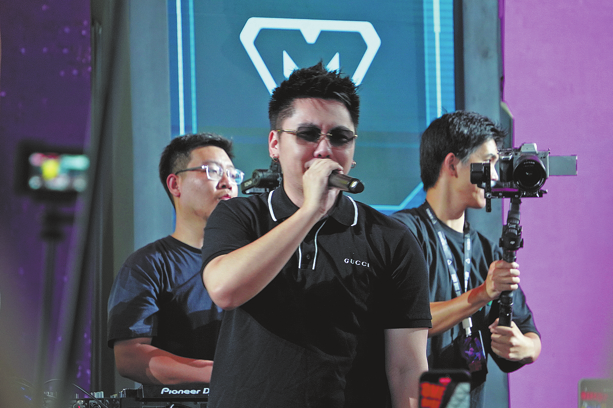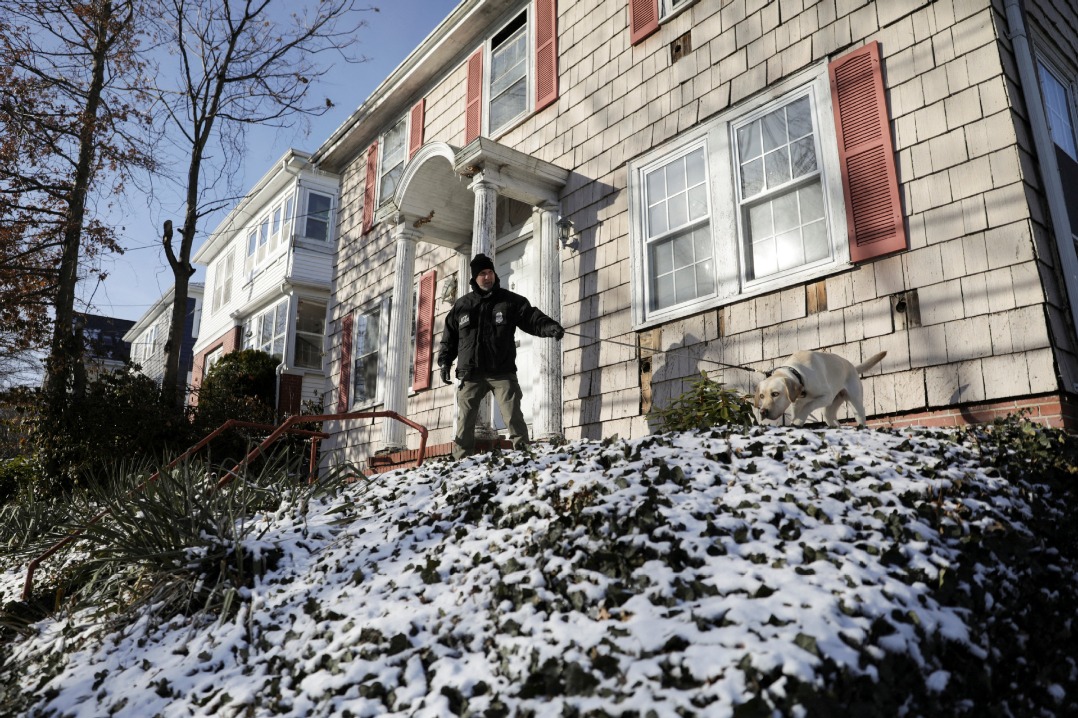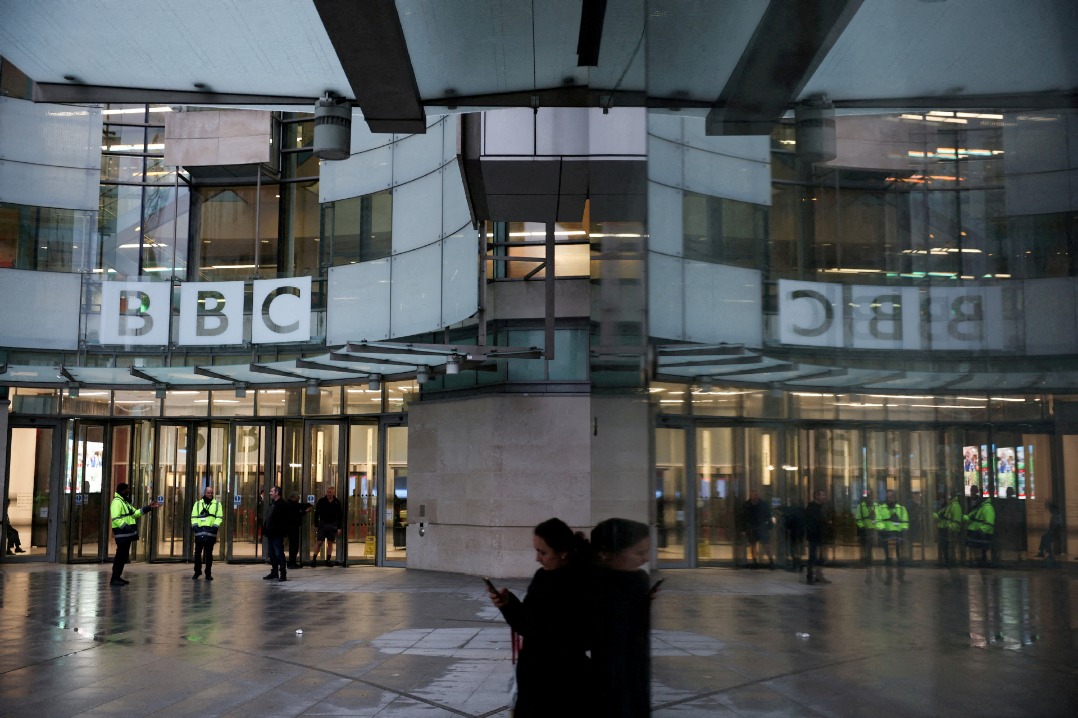EU works to save unraveling Iran deal

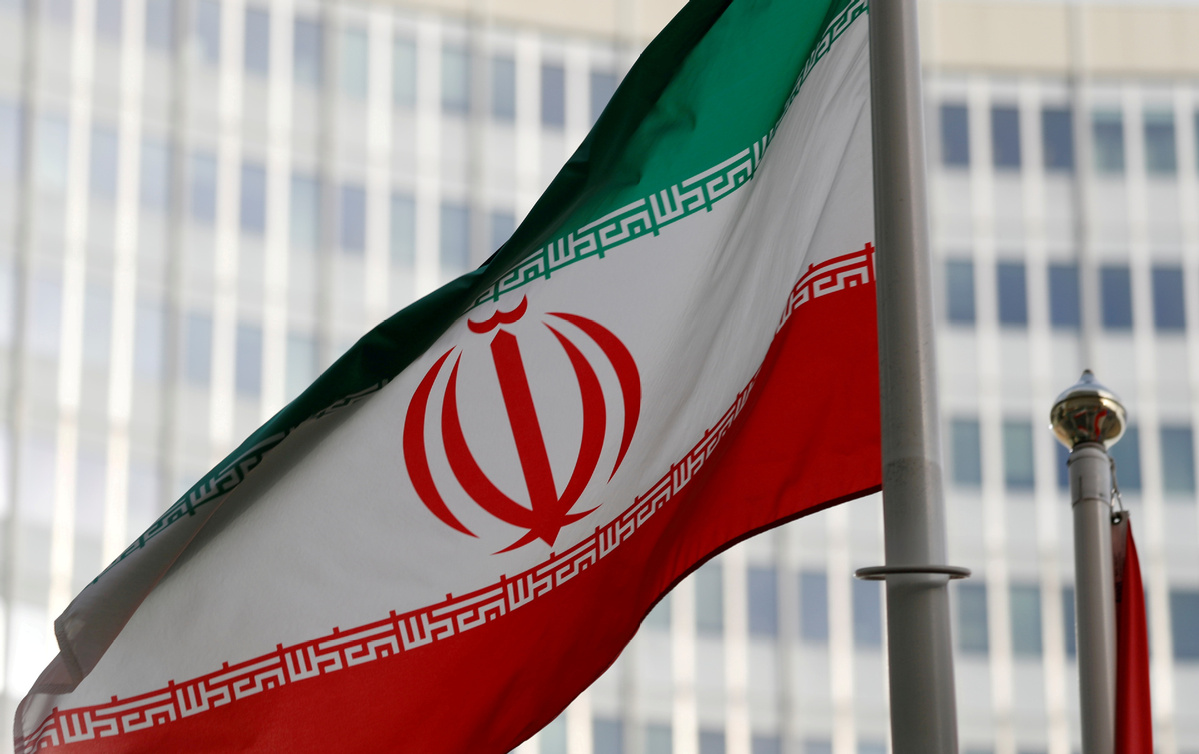
Europeans must invest in the 2015 nuclear accord, Zarif says in New York
The European Union said on Monday that Iran's recent enrichment and stockpiling of uranium did not amount to a "significant" breach of a 2015 nuclear accord, a deal that European signatories have tried hard to preserve despite its limited capacity.
After a meeting of EU foreign ministers on Monday, Federica Mogherini, the EU's foreign policy chief, described the accord as "not in the best of health, but it's still alive".
She told reporters that efforts to "hold pieces together" were better than letting the deal fail because "not having it in place is a terrible option for everybody".
In May of 2018, the US withdrew from the agreement, known officially as the Joint Comprehensive Plan of Action, or JCPOA, citing Iran's failure to allow reign in support for sectarian violence in places such as Syria and Yemen and its refusal to allow international inspectors of military sites.
The US has since reimposed sanctions on Iran, including efforts to ban Iran's oil exports, the lifeline for the Iranian economy.
The accord was signed in July 2015 by Iran, China, Britain, France, Germany, Russia, the United States and the European Union.
Iran had more or less complied with the agreement until recently. But it complained that the other parties have not honored their commitment to deliver the promised economic benefits, largely due to the reimposed US sanctions.
Iran's recent stockpiling and enrichment of uranium above the level permitted by the agreement has been seen as a way to express its dissatisfaction.
Meanwhile, tensions in the Persian Gulf region intensified this year. The US dispatched more military forces to the region after Saudi oil tankers were sabotaged. Teheran has denied that it was responsible for the attack.
Iran last month shot down a US drone that Iran said violated its airspace, which Washington denied. US President Donald Trump called off a retaliatory strike due to concerns of potential casualties, he said.
The seizure of an Iranian tanker by Britain off the coast of Gibraltar last week on alleged violation of EU sanctions against Syria has further raised the tensions.
Mogherini said the recent steps taken by Iran were regrettable but reversible. "So we hope and we invite Iran to reverse the steps and go back to full compliance with the agreement," she said.
The outgoing EU official described the situation as "probably the most difficult moment" since 2015.
In a joint statement on Sunday, the leaders of Britain, France, and Germany voiced their continued support for the deal and urged full compliance by Iran.
"The Europeans claim they're willing to preserve the JCPOA, but we haven't yet seen their readiness to invest for preserving the deal. There's great difference between expressing willingness and readiness to invest," Iranian Foreign Minister Javad Zarif said upon his arrival in New York on Sunday for a UN Economic and Social Council meeting.
France, Germany and Britain have set a special purpose vehicle known as Instex in order to help companies bypass US sanctions in their trade with Iran. Mogherini on Monday said "the first transactions are being processed".
Zarif told NBC News on Monday that his country does not want a war with the US, but said Trump must lift harsh economic sanctions to clear way for negotiations.
"Once those sanctions are lifted, then ... the room for negotiation is wide open," he said, adding that "it is the United States that left the bargaining table. And they're always welcome to return."
Chinese Foreign Ministry spokesman Geng Shuang on Monday said parties should remain calm and exercise restraint and adhere to dialogue under the framework of the JCPOA. He criticized the US maximum pressure strategy as "the root cause of how the Iranian nuclear issue has come to this pass".
"We hope the US will abandon its wrong course, respect the legitimate rights and interests of other parties, stop obstructing the implementation of the JCPOA, and work toward the political and diplomatic solution of this issue," Geng said.
















